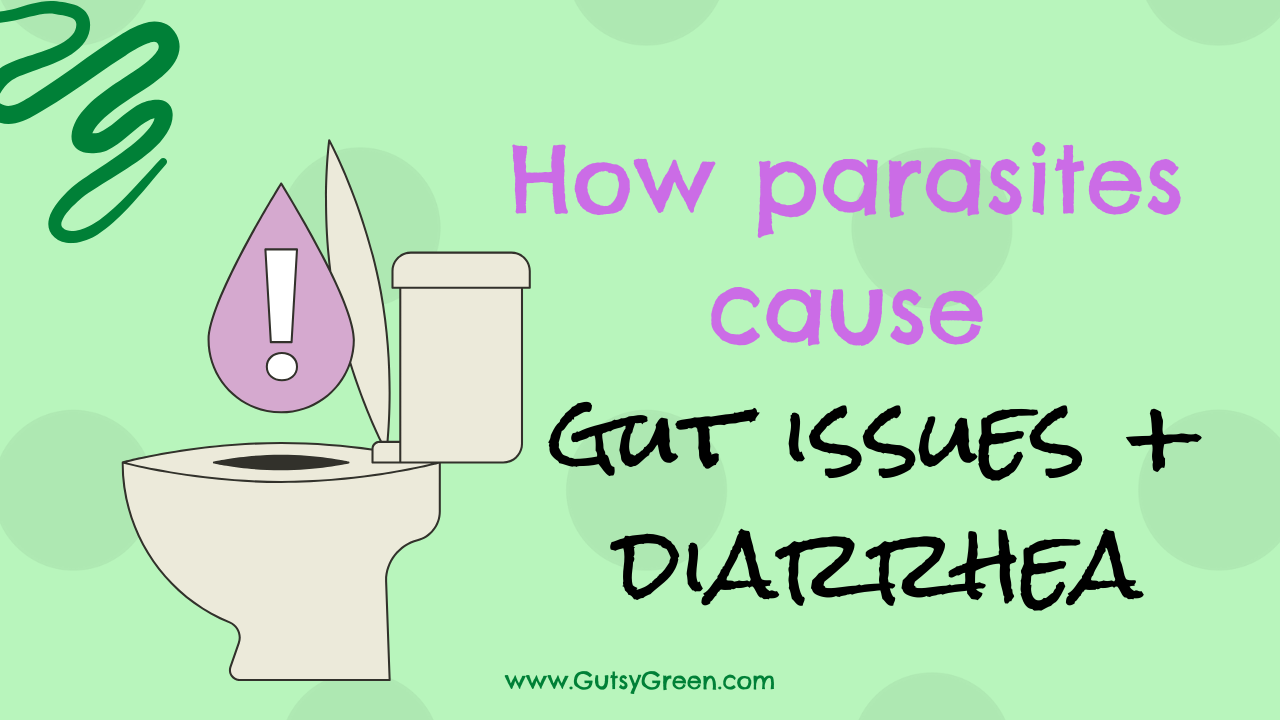SERIES: Upset stomach when you take vitamins? You probably need to fix your stomach acid.
Feb 22, 2021
No, it’s highly unlikely that the nausea you experience after you take supplements is ‘just how you’re wired’.
This common symptom can be a nightmare for natural health practitioners who tend to lean heavily on supplements for therapeutic value difficult to obtain from food and lifestyle changes alone. The loser in this situation is inevitably the client, whose options for intervention will be much more limited and perhaps less efficacious unless they take pains to address this issue.
The good news is that it can be addressed, by attacking the symptom at.the.source. So what is the root cause of digestive distress brought on by dietary supplements?
It’s your stomach acid.
To better examine the connection here, we first need to understand that stomach acid performs 3 major roles for the body:
-
Acting as an acid barrier by killing ingested microbes
-
Breaking food down into safe and digestible forms
-
Signaling the other digestive processes to begin or end
Supplement-induced nausea or stomach pain falls pretty squarely into role #2: breaking down food into safe and digestible forms. But before we delve deeper into this, let’s talk more about what normal stomach function requires.
Acidity is measured by a metric called ‘power of hydrogen’ or ‘pH’ for short. This scale runs from 0 to 14 - where 0 is the most acidic (think battery acid), 14 is the most basic (think drain cleaner), and 7 is completely neutral (think water).
In order for stomach acid to carry out its 3 foundational roles for the body, the pH needs to fall between 1.5 and 3.0.
Likewise, when the pH becomes weakened to a pH outside of this window – say, to 3.5 or 4.0 – these functions become compromised and resulting symptoms can occur. That’s where vitamin nausea comes in. So let’s take a look at what happens when stomach acid is weak, that creates conditions in the body that lead to this outcome.
Role #2: Breaking down food into safe and digestible forms.
One of the primary nutritional services stomach acid performs for the body has to do with proteins. Virtually all minerals, and most vitamins come attached to proteins in food form. Strong stomach acid will easily work to sever these proteins from the nutrients, breaking the proteins down into absorbable amino acids, and isolating the minerals and vitamins for optimal utilization.
In fact, in order for stomach acid to work specifically on proteins, it needs to have an even stronger pH than for other foods in order to properly break it down. Usually around a pH of 1.0 is where this can optimally occur.
However, when stomach acid is too weak, and the proteins fail to be broken down, they remain attached to the minerals and vitamins. In this form, the body tags the nutrients as unabsorbable and fast-tracks them to elimination. This can result in digestive distress, and over time, nutrient deficiencies.
When we take supplements, especially mineral supplements, but really, any kind of supplement where stomach acid needs to prepare the ingredients for absorption by further breaking it down, digestive distress can occur when our body fails to produce the digestive resources required to safely metabolize that formula.
In effect, your nausea is your body saying: “I can’t make that safe to absorb so I need to get it out of me”.
What to do about it
This is a pretty dang important issue to fix, because it’s foundational in terms of how you’ll be able to move through further work on your health. Not being able to swallow pills is a huge disadvantage, and indicates severe malabsorption issues that will likely culminate in nutrient deficiencies, higher inflammation levels, and increased disease risk.
The only way to get a handle on vitamin-induced nausea is not to stop taking these important healing ingredients, but rather to improve your body’s ability to receive them. You’ve got to stop the problem at the source.
And how do you do that? By fixing your low stomach acid levels! Reacidifying your stomach to a strong pH will allow your stomach to properly break down what it ingests so that it can be safely utilized by the body. However, this process can require some hand-holding. Read: I do NOT suggest using apple cider vinegar, or doing a traditional HCl Challenge!
I suggest using the S.A.F.E. method to rebuild your acidity. Learn more about that here.







